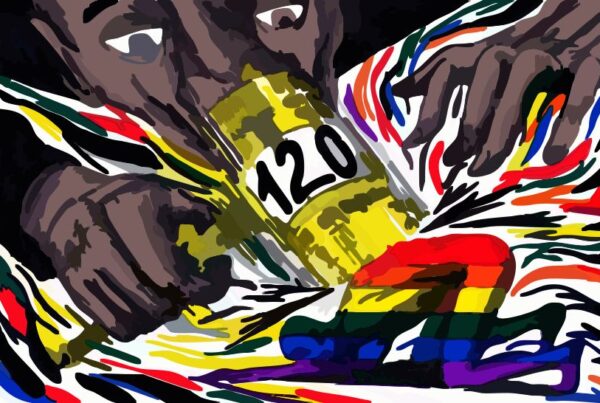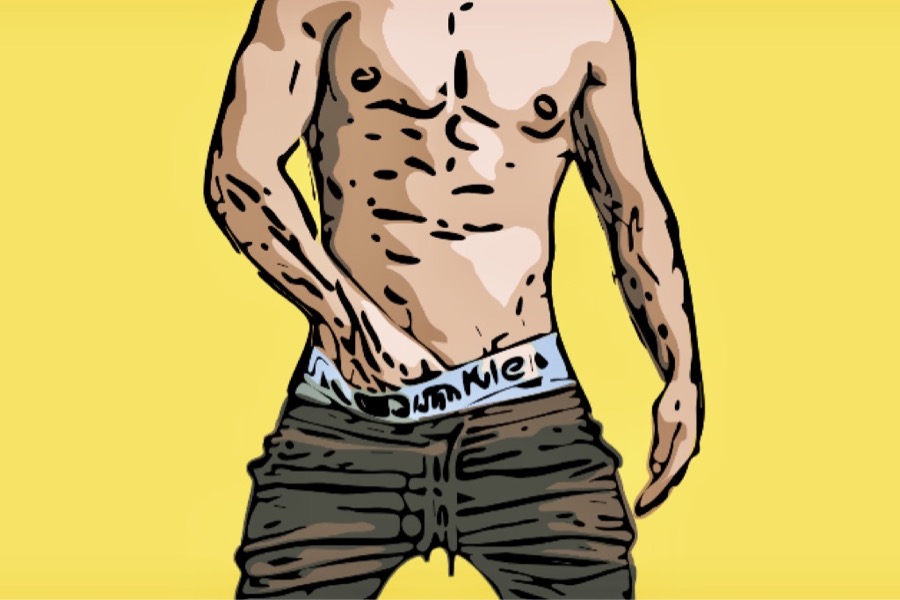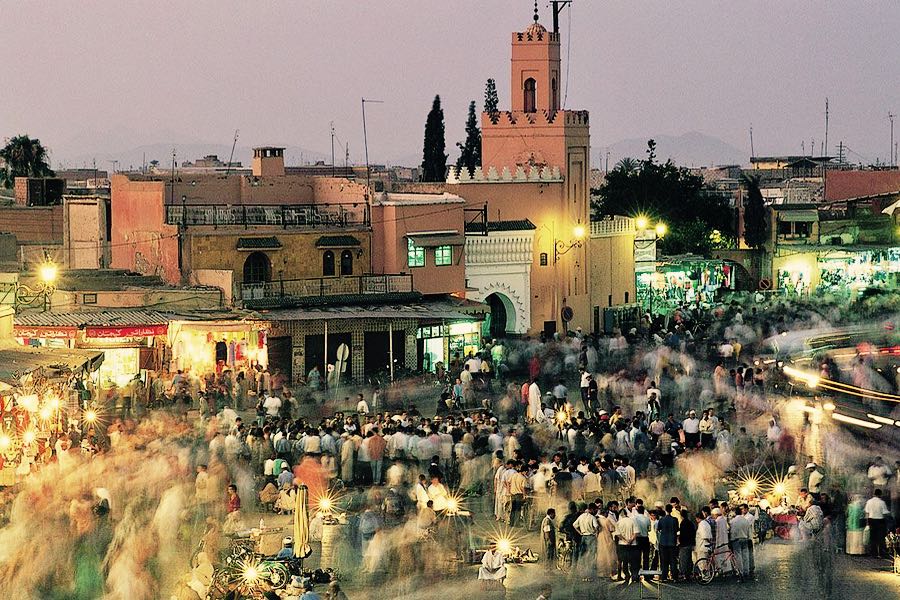Teenagers who are insulted, humiliated, beaten, tortured. Men who are chased on the street, threatened with death, stripped naked, forced to use sex toys. Sons in underwear forced to describe their sexual preferences’ details in front of their parents, adults forced to confess their homosexuality on the phone to their employers. All this physical and psychological violence has been perpetrated by some far-right groups in Russia armed with wickedness, with sticks, even with a hatchet. And with a video camera. The videos were posted in the last weeks on a Russian social network and on a neo-Nazi website and then they were shared by media all over the world without censorship, now for propaganda now for condemnation. And while the (probably untrue) news about the death of a boy because of neo-Nazis’ tortures went around the world, the suicides of some young people crushed by shame fell into oblivion.
A month ago, alerted by some Russian activists, “Il grande colibrì” has launched an appeal: news have to circulate without showing the face of the victims, to spare them new forms of psychological pressure (ilgrandecolibri.com). Some media have made the boys unrecognizable, others have opposed a disdainful rejection against a request considered as “moralistic.” To understand how to behave in the future in case of similar events, it seems appropriate to analyze the issue also from a scientific point of view. Therefore, we interviewed Federico Ferrari, a psychologist and systemic-relational psychotherapist, one of the most promising Italian scholars about sexual identity. Among other books, he wrote, with Paolo Rigliano and Jimmy Ciliberto, “Curare i gay?” (Raffaello Cortina Editore, 2012).
What can be the effect of this violence on the psyche of a boy? What effect can produce, in particular, the fact of knowing that the violence is filmed?
These actions are clearly intended to provoke, through the humiliation, a deep sense of shame and unworthiness in these young people. These emotions are not only in themselves traumatic, but also able to make the request of help particularly difficult, since at that point the contact with other people is experienced as a recurrence of humiliation: the more people know the more shame intensifies. As a result, the suffering is closed within loneliness and isolation, which are factors able to amplify the suffering in a vicious circle that exponentially increases the traumatic power of violence.
How can be overcome a trauma of this kind?
The opportunity to face and overcome these traumas depends very much on the relationships within the family, and on relatives’ attitude toward homosexuality: if their love proves itself unreserved, if it proves that it can’t be challenged by the “shame” the boy can cause to the family, then he can find the strength to seek and obtain support. However, in a homophobic environment as today’s Russia, it is likely that the family’s reactions of contempt toward homosexuality and shame for what happened to their son could have the power to further enlarge emotional and psychological damage.
Some tortured homosexuals are trying to move to the most remote Russian villages, obsessed with the idea of escaping to a place where the Internet is not used. It seems as if the international propagation of these videos causes the victims to feel the absence of a possible refuge, of a possible escape route… How do you judge this reaction?
That seems to be the sign that torturers’ aim has been reached. At that point, the problem for these boys is no longer how many people actually seen their de-humanization, but the hope of finding somewhere some people whose sight makes them feel safe, in front of which they can reinvent themselves on a different plan.
Actually, the worst problem of these videos is that their victims suddenly become just what the video shows, they suddenly have no more space to express themselves in relationships with aspects of themselves and of their own histories other than those ten minutes that destroyed their lives. This is the feeling of the victims of these humiliations. In the relationships that witness them, all the rest of their past or future lives is ripped off by those ten minutes. As a result, the only hope of rebuilding themselves appears to find someone who doesn’t know and can’t know anything about that situation.
But these images are doing the round of social networks in the whole world…
To show these videos in which gay people are victims of violence is not only a serious mistake – from all the victims’ points of view, without exception – but also an abject and guilty act, contrary to the will that a helpless victim can’t express.
When we asked to make the victims unrecognizable, some media replied with disdainful refusals. Some journalists even claimed that the boys humiliated in video “would not care if even all 60 million Italians wanted to watch those videos”…
On the one hand it seems to me impossible to say when the damage suffered by these boys becomes so insurmountable that adding new viewers to their humiliation cease to make a real difference for them… Who can say it? No one can claim any right to dispose of another’s life. Not to understand it – or to pass over it – seems to me a barbarism. However, I believe that, on an ethical and deontological level, we can’t stop to consider important the choice between becoming de facto participants in the violence and trying to stem the violence. This is completely unrelated to the fact that our choice has or doesn’t have a real impact (that no one can calculate) on these boys’ lives already ravaged by violence. It is a problem of deontology.
Some journalists justify the propagation of not censored videos, where boys are completely recognizable, in the name of a freedom of press that aims to target the stomach of the spectators, despite people’s dignity (“People have to close the video with a bitter taste in the mouth and the vacuum in the guts”). What do you think of this argument?
I guess the logic behind these statements is to maximize the fault of the torturers making the suffering of these boys shared and emotionally amplified by the (even sympathetic) look of the horrified spectators, so that it might arise a collective indignation that can lead to effective sanctions against the torturers.
Do you believe that an information system that intend to traumatize the public is more effective than a system more inclined to reflection?
Clearly, a collective indignation can be obtained very well with a good journalism able to tell the facts, without the need to expose victims to further possible damages. Of course, this is only possible if you have the qualities of a good journalist and the ability to tell the truth without losing its emotional dimension. You have to say and give truth and to know how to give and say it: on the side of the these victims, of all victims. This point of view is the basis of the ethics of information and of a real growth of a valid and well founded public opinion.
in collaboration with Paolo Rigliano
Copyright©2013ilgrandecolibri.com




